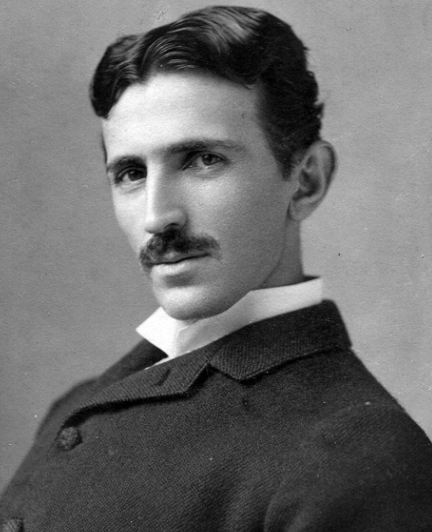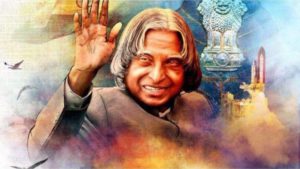In ancient times, philosophers engaged in natural philosophy, the intellectual study of nature. Though Thales (624-545 BC) was arguably the first scientist to describe how cosmic events can be seen as natural and not necessarily caused by gods, it was not until the nineteenth century that the term scientists became commonplace, after it was coined in 1833 by theologian, philosopher, and historian of science William Whewell.
A scientist is someone who does scientific research in order to enhance knowledge in a particular field. It is not often that we reflect on these extraordinary minds who have made our lives easier. Therefore, we have complied 10 famous scientists who achieved widespread global recognition due to their tremendous contributions to science and mathematics.
Albert Einstein (1879-1955 AD)
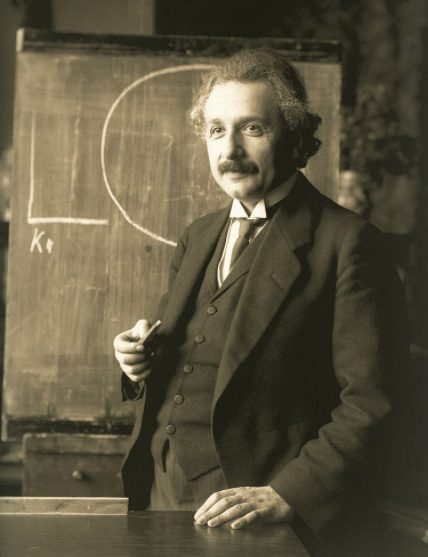
People refer to Einstein as one of the world’s most influential scientists. His relativity theories contribute to our understanding of the cosmos. Furthermore, his unified field theory work explains gravitation, subatomic processes, and electromagnetic. Einstein also made significant contributions to the evolution of quantum theory. In fact, the well-known equation E=mc2 comes from his theory of relativity. In 1921, Einstein was awarded the Nobel Prize in Physics for discovering the Photoelectric effect, which is the foundation of quantum theory.
Sir Isaac Newton (1643-1727 AD)
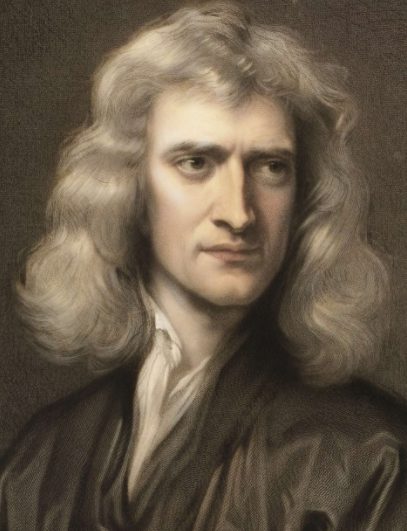
Isaac Newton established the laws of mechanics as well as the principle of gravity, which demonstrate how planets orbit the sun. Because no other principle could explain the theory of gravitation, he devised calculus. Newton also developed the composition of white light and explained the three laws of motion.
Marie Curie (1867-1934 AD)

Curie is the world’s first individual to receive two distinct Nobel Prizes and the first woman to receive a Nobel Prize. She received her first Nobel Prize in 1903 for discovering radioactivity as well as assisting in its application in the field of X-ray, and her second Nobel Prize in 1911 for discovering radium. Furthermore, she created the world’s first mobile X-ray machine, which aided wounded soldiers on the battlefield. Unfortunately, in 1934, she was killed by her own creation.
Archimedes (287-212 BC)
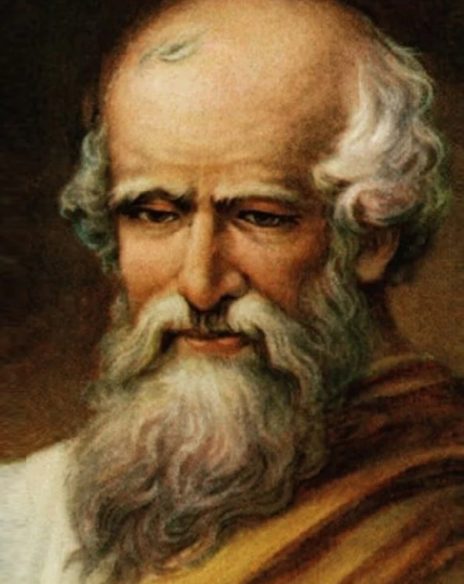
The Greek mathematician Archimedes, regarded as the greatest mathematician of all time, developed substantial and influential knowledge of mathematical physics and engineering that is still widely employed in machines and constructions today. In addition, he established the concept of infinitesimals and laid the groundwork for calculus. Archimedes also described the first finite geometric progression and calculated the areas and volumes of a sphere and parabolic segments. His other contributions include the discovery of the laws of a lever, density, fluid equilibrium, buoyancy hydrostatics as well as work in the domains of statics.
For a detailed list of Archimedes’s achievements, you may view the video given below.
Nikola Tesla (1856-1943 AD)
Tesla, a Serbian-American engineer born in 1856, is most known for his invention of the alternating current. In fact, the Tesla coil was a high-voltage transformer that wirelessly conveyed power. He also proposed harvesting energy and wirelessly transferring it over the planet. Despite the fact that his concept failed, Tesla has become a household name.
Charles Darwin (1809-1882 AD)

In the face of doubt and scepticism, the English naturalist and geologist proposed the hypothesis of evolution. Darwin gathered evidence for more than two decades before publishing his findings in “On the Origin of Species“. He proved that all species descended from common ancestors. Furthermore, he proposed that the evolutionary pattern was based on the process of “natural selection“.
Rosalind Franklin (1920-1958 AD)
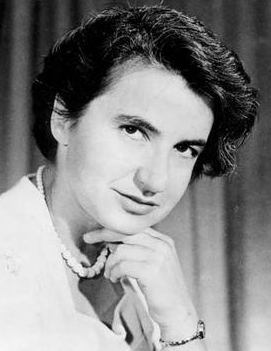
Franklin discovered the density of DNA and, more importantly, that the molecule was helical. Her work to improve the clarity of X-ray patterns of DNA molecules laid the groundwork for James Watson and Francis Crick‘s 1953 suggestion that DNA is a double-helix polymer.
Ada Lovelace (1815-1852 AD)
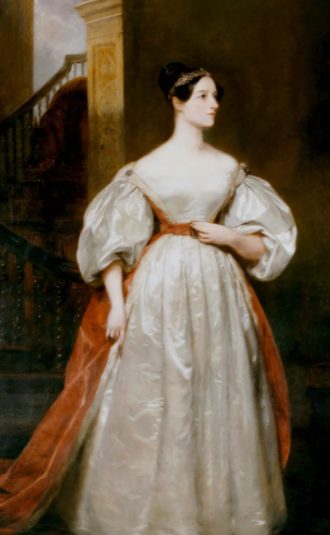
She was the first to discover that the machine could be used for more than just calculation, and she wrote the first algorithm designed to be executed by such a machine. As a result, she is often considered the first person to understand the full potential of a “computer” and the first computer programmer.
Louis Pasteur (1822-1895 AD)
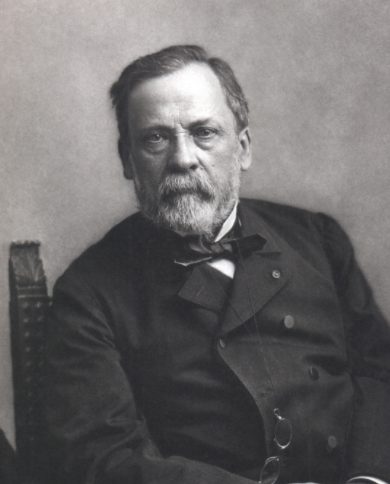
Pasteur, a French chemist and biologist, devoted his life to chemistry and microbiology. Pasteur’s discoveries rescued tens of millions of people from infectious diseases. He was the first scientist to investigate microbial fermentation in food. Furthermore, he discovered treatments for puerperal fever, anthrax, rabies, and other ailments. Pasteur also devised the pasteurisation method, which destroys hazardous bacteria by heating milk and other beverages to a specific temperature and then allowing them to cool. He devised this method after discovering that bacteria were to blame for souring alcohol.
CV Raman (1888-1970 AD)
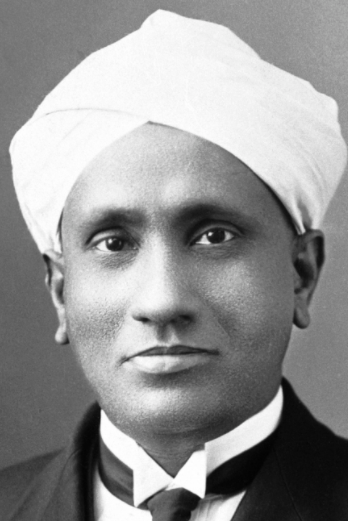
CV Raman, also known as Chandrasekhara Venkata Raman, was awarded the Nobel Prize in Physics in 1930 for his pioneering work on light scattering. He was born in Tiruchirapalli on November 7, 1888, and was the first Asian as well as non-white person to receive a Nobel Prize in science. Raman also studied musical instrument acoustics. He was the first to examine the harmonic nature of Indian drum sounds such as the tabla and mridangam. Furthermore, he observed that when light is deflected by a transparent substance, some of the light changes wavelength. This phenomenon is now known as Raman scattering and is caused by the Raman effect. To learn more about these phenomena you may look at the video linked below.
https://www.youtube.com/embed/SsIYDEma_cU?feature=oembedAll About Raman Spectroscopy
Final Thoughts
Many other scientists have had a big impact on our lives and are among the world’s best scientists. Alexander Fleming discovered Penicillin, the first antibiotics. Otto Hahn, a German chemist, discovered nuclear fission. Then there’s Alan Turing, whose work established the modern theory of computation and computability. The names mentioned here are only a few of the brilliant minds who have contributed to science and mathematics. You can view the document below for a list of 100 of the greatest scientists in the world.
Hundred Influential Scientists – Download
Share with your friends

